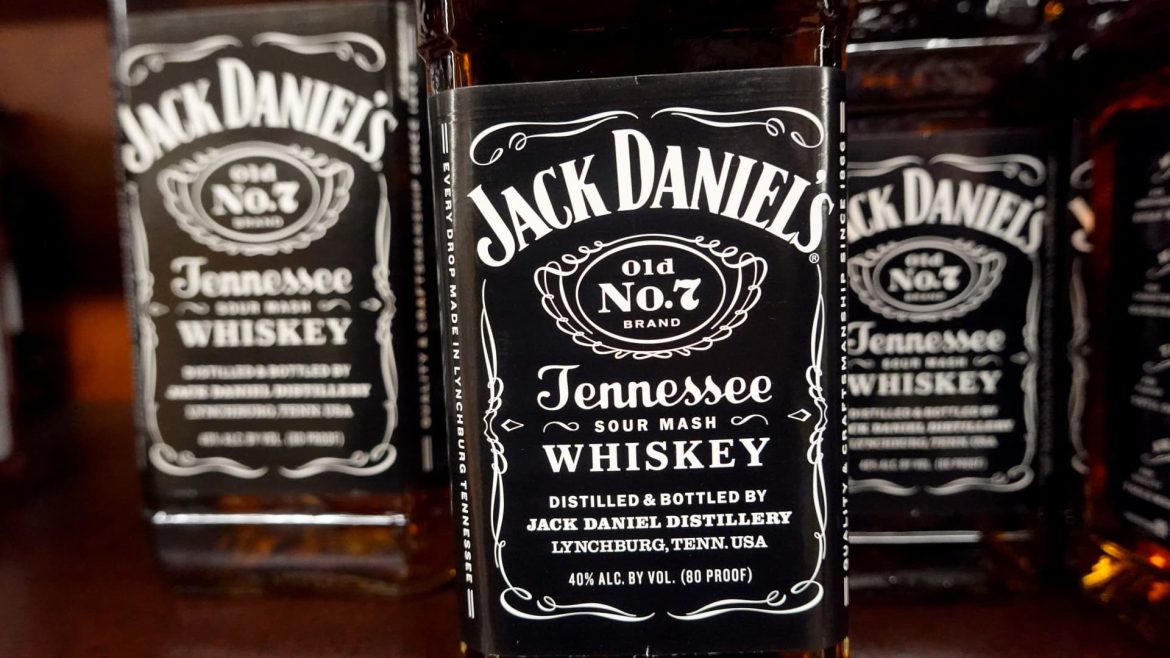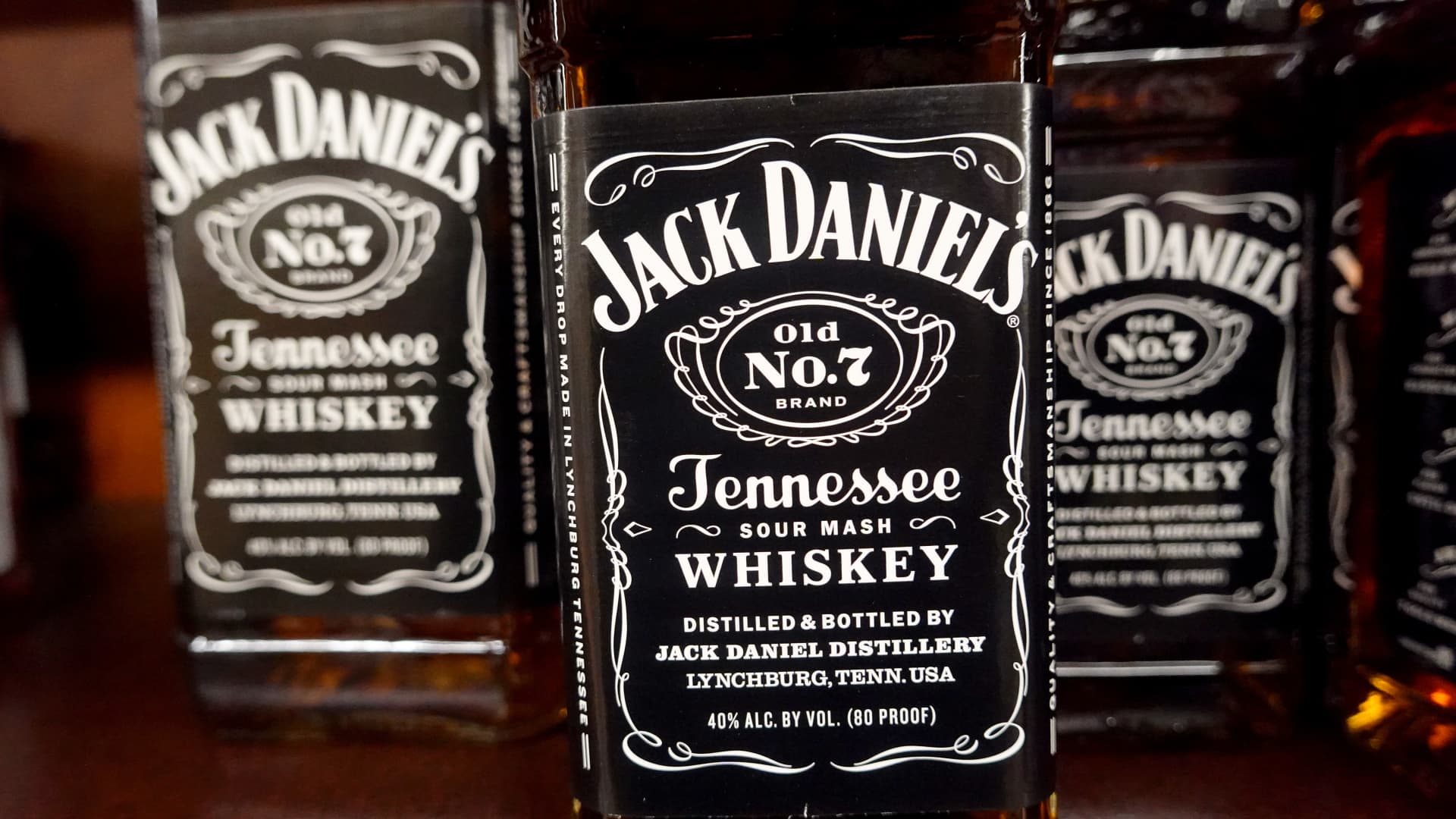Brown-Forman’s Recent Performance and Outlook: Navigating a Challenging Landscape
Brown-Forman, the renowned maker of Jack Daniel’s whiskey alongside other distinguished brands such as Woodford Reserve and Old Forester, is currently facing a turbulent period marked by multiple headwinds impacting its financial performance and market outlook. A synthesis of recent reports underscores a notable downturn in the company’s stock price and earnings, driven by macroeconomic uncertainties, shifting consumer behaviors, tariff pressures, and internal sales challenges.
Stock Performance and Earnings Misses
Brown-Forman’s share price has suffered significant declines amid disappointing quarterly results and a cautious outlook for the upcoming fiscal year. Specifically, following its recent earnings announcement, the stock plummeted over 15%, with certain reports noting drops exceeding 17% in response to the company’s forecasted declines in sales and profits.
The first-quarter results fell short of analyst expectations, with earnings per share at $0.31 compared to predictions of $0.34, while revenues reached approximately $894 million—below consensus estimates. This earnings miss reflects broader softness in consumer demand, which directly impacted sales volumes, particularly for Jack Daniel’s Tennessee Whiskey, the company’s flagship brand.
Decline in Sales and Brand Performance
Jack Daniel’s itself experienced a decline in sales—around 6% reported—indicating waning consumer interest or purchasing power in a critical segment for Brown-Forman. These declines were only partially offset by growth in other premium brands like Woodford Reserve and Old Forester, yet not sufficiently to counterbalance the overall negative sales trajectory.
The firm also faces the issue of reduced sales of non-branded or used barrels, which historically contributed to revenue streams. Combined with tariff uncertainties and macroeconomic challenges, these factors have compounded pressures on organic sales and operating income.
Macroeconomic Volatility and Tariff Impacts
One of the prominent challenges outlined by Brown-Forman is the volatile global economic environment. Soft consumer spending, particularly in discretionary luxury categories such as premium spirits, has adversely affected sales. Consumer reluctance to spend amidst inflationary pressures and economic unease has presented a sustained challenge.
Additionally, the company is contending with the implications of shifting tariffs, which add costs and complicate international trade dynamics. Although it benefitted from the European Union’s decision to drop planned retaliatory tariffs on American whiskey, uncertainties remain, with potential new tariffs on the horizon. Such trade tensions can erode margins and affect product pricing strategies worldwide.
Forward-Looking Guidance and Market Sentiment
Brown-Forman’s forecast for fiscal 2026 paints a cautious picture, projecting low single-digit declines in both organic net sales and organic operating income. This conservative outlook has contributed to the negative sentiment in the market, fueling the stock declines and investor wariness.
Given the combination of economic headwinds, tariff-related uncertainties, and softening consumer demand, the company faces a challenging year ahead. Its management’s tone suggests a need for strategic adjustment, possibly focusing on portfolio optimization, cost management, and exploring growth in resilient or emerging markets to offset declines elsewhere.
Conclusion: Navigating Through Complexity
Brown-Forman’s current performance and outlook highlight the multifaceted challenges confronting even established, iconic brands in today’s unpredictable economic climate. The decline in Jack Daniel’s sales amid broader macroeconomic headwinds and tariff issues illustrates how vulnerable luxury and discretionary segments can be in times of uncertainty.
As the company grapples with these obstacles, its ability to adapt—through innovation, market diversification, and operational efficiency—will be crucial in reclaiming growth momentum. While the short-term outlook remains subdued, Brown-Forman’s portfolio strength and brand equity offer a foundation to weather the storm, provided strategic pivots are effectively implemented. The coming fiscal year will be a decisive period for the spirits giant as it attempts to reverse its downward trajectory and reassure investors of its long-term resilience.





